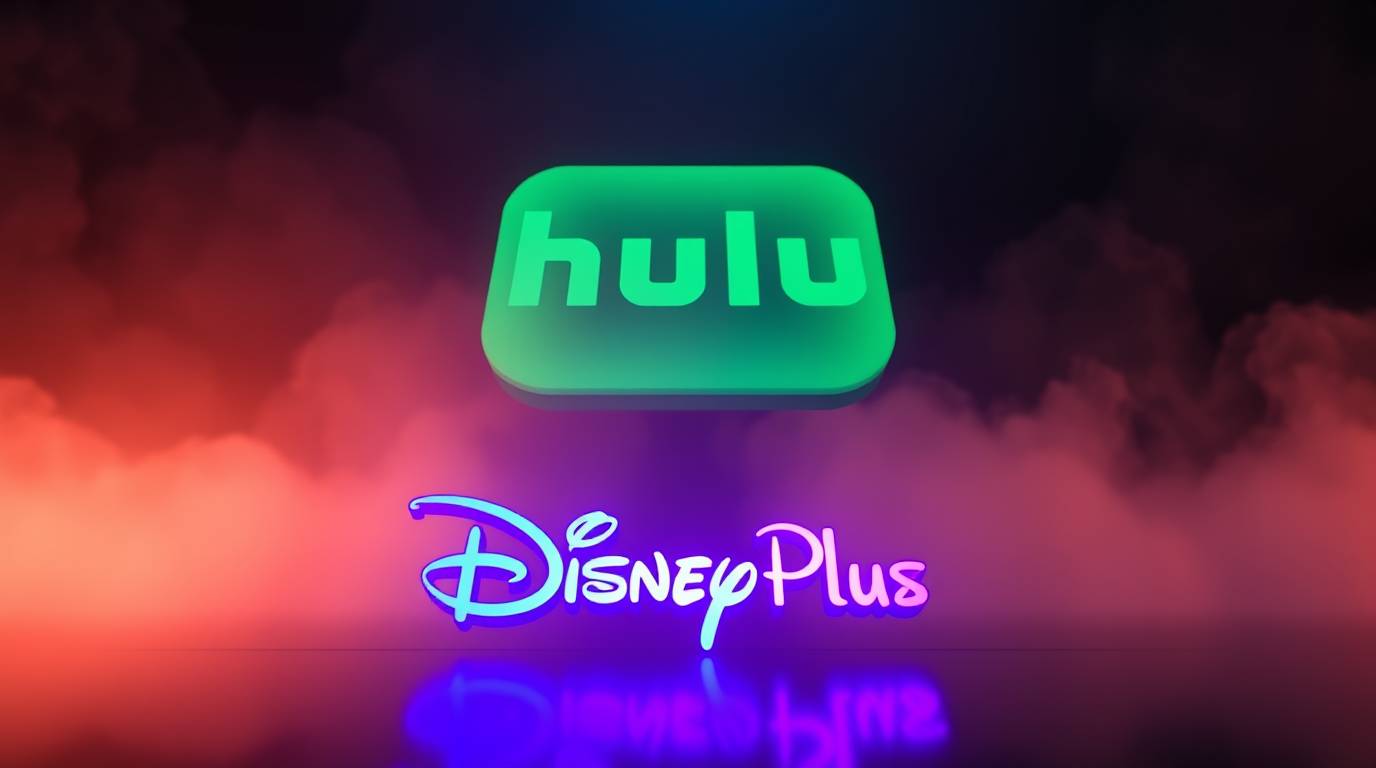TMZ Apologizes for Laughter in Kirk Coverage | Response
Imagine tuning into a serious news segment, only to hear inappropriate laughter in the background. This exact scenario recently unfolded, causing a significant public relations incident for the media outlet. Consequently, TMZ found itself at the center of a major controversy. The popular celebrity news giant had to issue a formal apology after employees were heard laughing during a segment about actor Michael K. Williams’ death.
This incident raises critical questions about journalistic decorum and sensitivity. Furthermore, it highlights the fine line media companies walk between breaking news and maintaining respect. Let’s delve into the details of what happened, the subsequent TMZ apology, and the wider implications for media ethics.
The Incident: What Happened During the TMZ Report?
On September 6, 2021, TMZ broke the news of actor Michael K. Williams’ tragic death. Williams, renowned for his iconic role as Omar Little in The Wire, was a deeply respected figure. During the live broadcast, a producer off-camera began discussing the story. However, the somber tone was abruptly broken by unmistakable laughter from other staff members in the newsroom.
Almost immediately, viewers and social media users expressed their shock and disgust. For instance, clips of the segment quickly went viral on platforms like Twitter and Instagram. The public outrage was swift and severe. Many people condemned the lack of professionalism and basic human empathy displayed by the TMZ team during such a sensitive report.
The Backlash and Public Outcry
The audience’s reaction was both immediate and intense. Social media became the primary arena for criticism. #TMZIsTrash and other similar hashtags began trending as users voiced their anger.
Moreover, many commentators contrasted TMZ’s behavior with the dignified reporting from other outlets. They argued that the pursuit of a “scoop” should never come at the expense of common decency. This public sentiment placed immense pressure on the organization. Therefore, a response became not just necessary but imperative to manage the escalating crisis.
The Official TMZ Apology: Damage Control
Facing a growing firestorm, TMZ took action. The following day, the outlet published a formal apology on its website. They explicitly addressed the “unacceptable” behavior heard during the broadcast.
Specifically, the apology stated that the laughter was unrelated to the tragic story of Michael K. Williams. Instead, it was attributed to a separate, unrelated conversation happening off-mic. Nevertheless, TMZ acknowledged that this explanation did not excuse the incident. They apologized to the family of Michael K. Williams, his fans, and their own viewers for the profound lack of judgment and respect.
A Pattern of Behavior?
For many critics, this was not an isolated misstep. TMZ has built a formidable reputation for aggressive, often sensationalist celebrity journalism. This incident seemed to reinforce a pre-existing perception of the outlet as being insensitive and overly focused on clicks at any cost. The apology, while a necessary step, led some to question if it addressed a deeper cultural issue within its newsroom operations.
Comparing Media Responses to Breaking Tragic News
The following table illustrates how TMZ’s approach contrasted with more traditional media outlets covering the same story.
| Media Outlet | Tone of Reporting | Key Focus | Public Reception |
| TMZ | Sensational, Breaking News | Being first to break the story, details of death | Overwhelmingly negative due to laughter |
| The New York Times | Respectful, Obituary-style | Celebrating his life, career achievements, and legacy | Respectful and appreciated |
| ABC News | Somber, Fact-based | Reporting confirmed facts, statements from family/representatives | Standard, professional |
| Social Media Tributes | Personal, Emotional | Fan stories, impact of his characters, shared grief | Community-driven and supportive |
Key Takeaways for Media and Content Creators
This event serves as a crucial lesson for any organization that communicates with the public. Ultimately, professionalism and empathy must never be sacrificed for speed or notoriety.
Firstly, the court of public opinion holds immense power. A single misstep, amplified by social media, can cause significant reputational damage. Secondly, having strict editorial controls and a culture of respect is non-negotiable for news organizations. Every person on a team, on-mic or off, represents the brand.
Furthermore, an apology must be swift, sincere, and directly address the grievance. TMZ’s response, while late for some, did check these boxes by being specific and unconditional.
Conclusion: A Lesson in Respect and Responsibility
The TMZ apology regarding the Michael K. Williams coverage is a stark reminder of the human element in journalism. While breaking news quickly is a competitive advantage, it should never eclipse basic humanity. The audience expects and deserves sensitivity when reporting on tragedy.
This incident underscores that trust is the most valuable currency in media. It is earned through consistent, respectful conduct and can be lost in a single, careless moment. For all content creators, the message is clear: prioritize people over the scoop.
What do you think about media accountability? Share your thoughts on this story and the importance of ethical journalism on social media today.
Frequently Asked Questions (FAQ)
1. Why did TMZ apologize?
TMZ apologized because employees were heard laughing in the background during a live report about the tragic death of actor Michael K. Williams. The public deemed this behavior highly insensitive and unprofessional.
2. Was the TMZ laughter about Michael K. Williams?
According to TMZ’s official apology, the laughter was not about Michael K. Williams or his passing. They stated it came from an unrelated conversation off-camera. However, they admitted this did not excuse the incident.
3. How did the public react to the TMZ incident?
The public reaction was overwhelmingly negative. Social media users expressed widespread outrage, causing hashtags like #TMZIsTrash to trend. This backlash directly led to the outlet issuing its public apology.
4. Did TMZ fire anyone for the laughter?
TMZ did not publicly announce any disciplinary actions or firings related to the incident. Their apology focused on the overall failure of judgment rather than implicating specific individuals.
5. What can other media companies learn from this?
Other media companies can learn that speed cannot replace sensitivity. Maintaining a respectful, professional environment—both on and off air—is essential to maintaining public trust and brand credibility.
👉For more Entertainment news-> Click Here!













